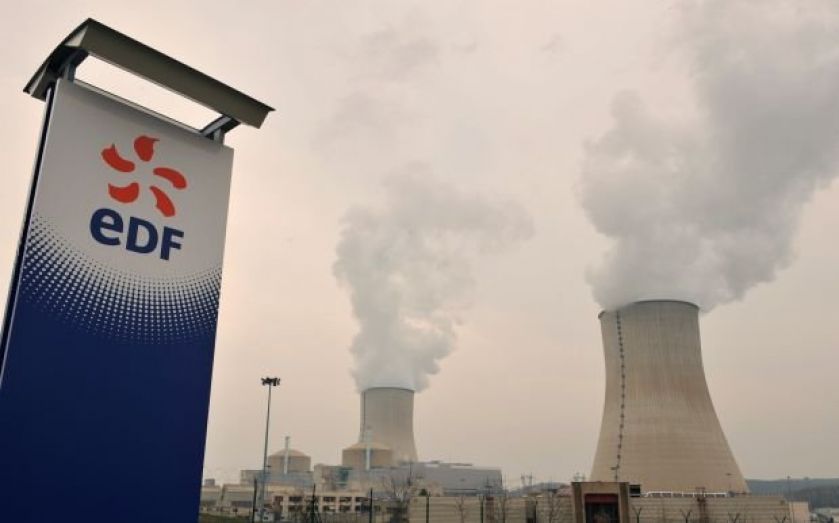| Updated:
European Commission approves EDF’s Hinkley Point nuclear plant project

The European Commission has approved EDF's £16bn nuclear plant project Hinkley Point after revised plans were submitted that brought it “in line with EU state aid rules”.
The body approved the plans after the UK government agreed to “significantly modify the terms of the project financing”, it announced this morning.
Under the revisions, the government has reduced the UK's subsidy by more than £1bn, and agreed to a higher strike price, meaning more profits will be returned to UK consumers throughout the plant's 60-year lifespan. The reactors are expected to generate 7 per cent of the UK's total electricity, and will eventually have a capital of around £34bn.
The EC said: “An increase in the profit rate of only one percentage point, for example, will generate savings of more than £1.2bn.”
If construction costs are lower than the £24.5bn expected, that money will also be shared.
The EC said it was also persuaded by the government that its support would “address a genuine market failure”, particularly around the fact that EDF could not have funded the project by itself, which had previously been in doubt.
EC vice-president Joaquín Almunia, who is in charge of competition policy, said: "After the commission's intervention, the UK measures in favour of Hinkley Point nuclear power station have been significantly modified, limiting any distortions of competition in the single market.
“These modifications will also achieve significant savings for UK taxpayers. On this basis and after a thorough investigation, the Commission can now conclude that the support is compatible with EU state aid rules."
The Hinkley Point nuclear power station will use EPR technology, which is not yet operational anywhere in the world.
Under EU Treaty rules, member states are free to determine their energy mix. However, when public money is spent to support companies, the Commission ensures whether it is carried out with the EU state aid rules.
But the project could still face some hurdles. At least five EU commissioners have raised concerns about it, and Austria has been particularly outspoken about the move, saying it would sue Brussels if the go-ahead was given.